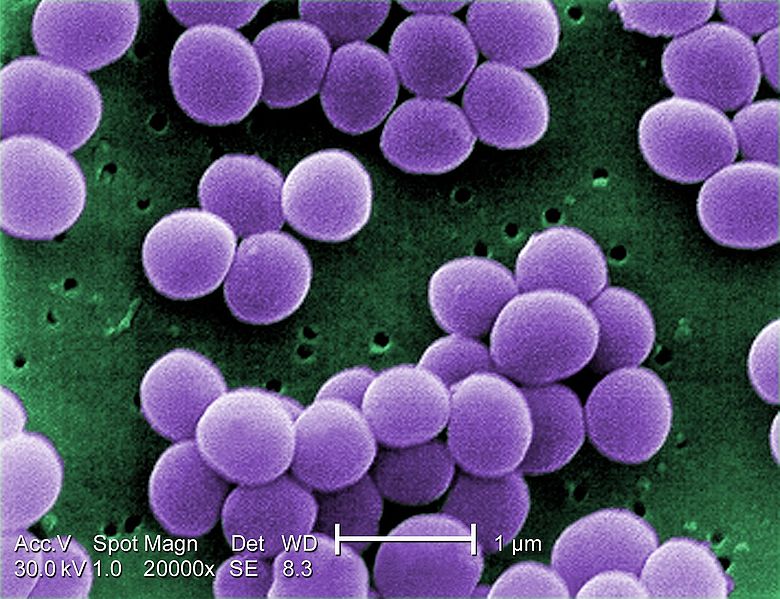
US-based Theravance Biopharma has enrolled first patient in its Phase III registrational trial of telavancin, a once-daily dual-mechanism antibiotic, to treat Staphylococcus aureus bacteremia.
The multi-centre, randomised, open-label trial is designed to support regulatory filing of the product for the treatment of these patients.

Discover B2B Marketing That Performs
Combine business intelligence and editorial excellence to reach engaged professionals across 36 leading media platforms.
Currently, there are only two approved antibiotics to treat Staphylococcus aureus bacteremia and treatment failure is common in these patients, particularly when the infection is methicillin-resistant Staphylococcus aureus (MRSA).
The drug is also indicated to treat complicated skin and skin structure infections (cSSSI) caused by susceptible isolates of Gram-positive bacteria, including both methicillin-susceptible Staphylococcus aureus (MSSA) and MRSA strains.
Theravance Biopharma chairman and chief executive officer Rick Winningham said: "Bacteremia is a serious healthcare system challenge associated with significant morbidity and mortality and is in need of new, effective antibiotic treatments.
"We have previously seen evidence of the potential for telavancin to successfully treat Gram-positive bloodstream infections in our Phase II uncomplicated Staphylococcus aureus bacteremia study, as well as investigator-initiated studies.

US Tariffs are shifting - will you react or anticipate?
Don’t let policy changes catch you off guard. Stay proactive with real-time data and expert analysis.
By GlobalData"Based on these promising signs of activity for telavancin, and the acute healthcare system need for effective antibiotics for these difficult-to-treat infections, we have decided to conduct this registrational Phase III study."
The trial will enrol around 250 adult patients with confirmed MSSA or MRSA bacteremia at about 70 clinical sites in the US and worldwide.
During the trial, researchers will evaluate the non-inferiority of telavancin in treating these patients as compared to standard therapies such as vancomycin, daptomycin and anti-staphylococcal penicillins.
In the US, the company markets telavancin as Vibativ in the product’s two currently approved indications to treat adult patients with hospital-acquired and ventilator-associated bacterial pneumonia (HABP/VABP) when alternative treatments are not suitable.
The company said that the bactericidal, once-daily, injectable lipoglycopeptide antibiotic Vibativ has in vitro potency and a dual mechanism of action whereby telavancin both inhibits bacterial cell wall synthesis and disrupts bacterial cell membrane function.
In Europe, Vibativ is indicated to treat adults with nosocomial pneumonia (NP) including ventilator associated pneumonia, known or suspected to be caused by MRSA.
Image: A scanning electron micrograph (SEM) showing a strain of Staphylococcus aureus bacteria taken from a vancomycin intermediate resistant culture (VISA). Photo: Courtesy of Raeky.





